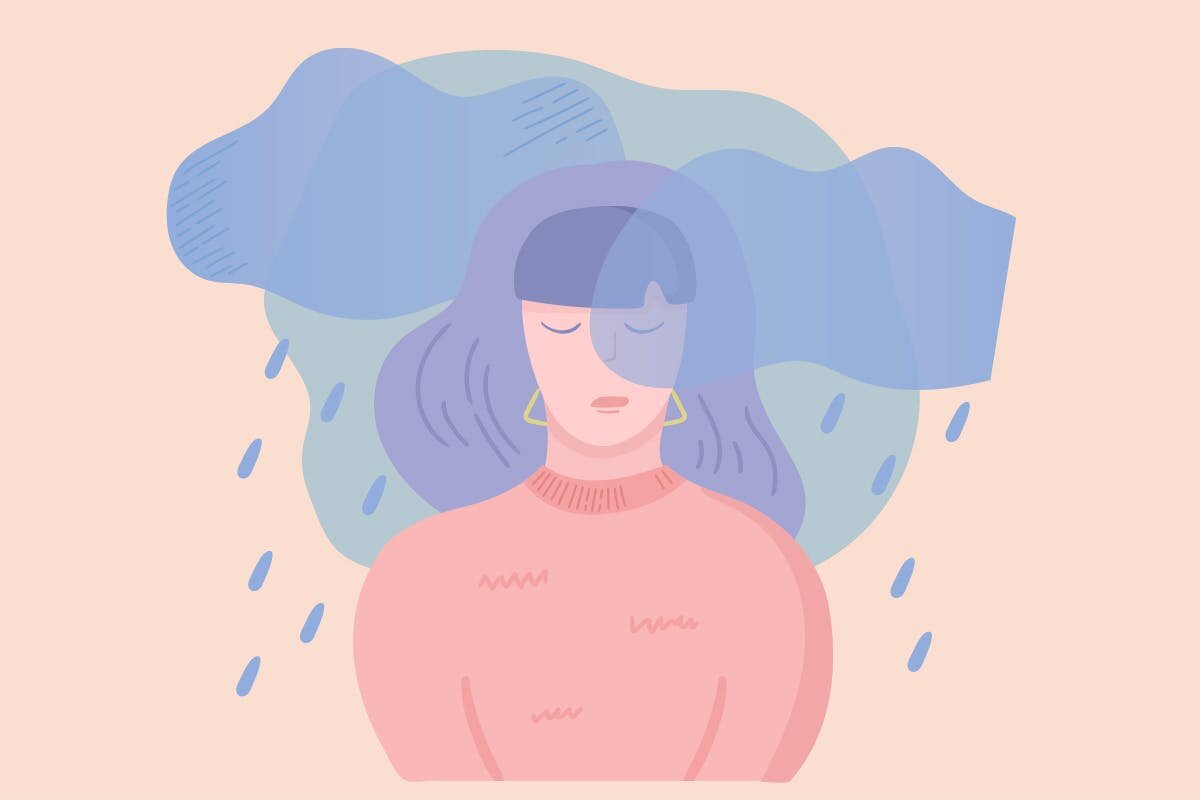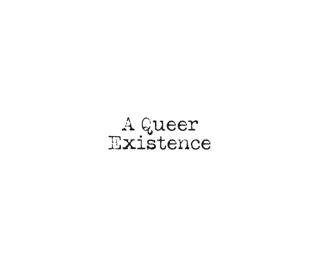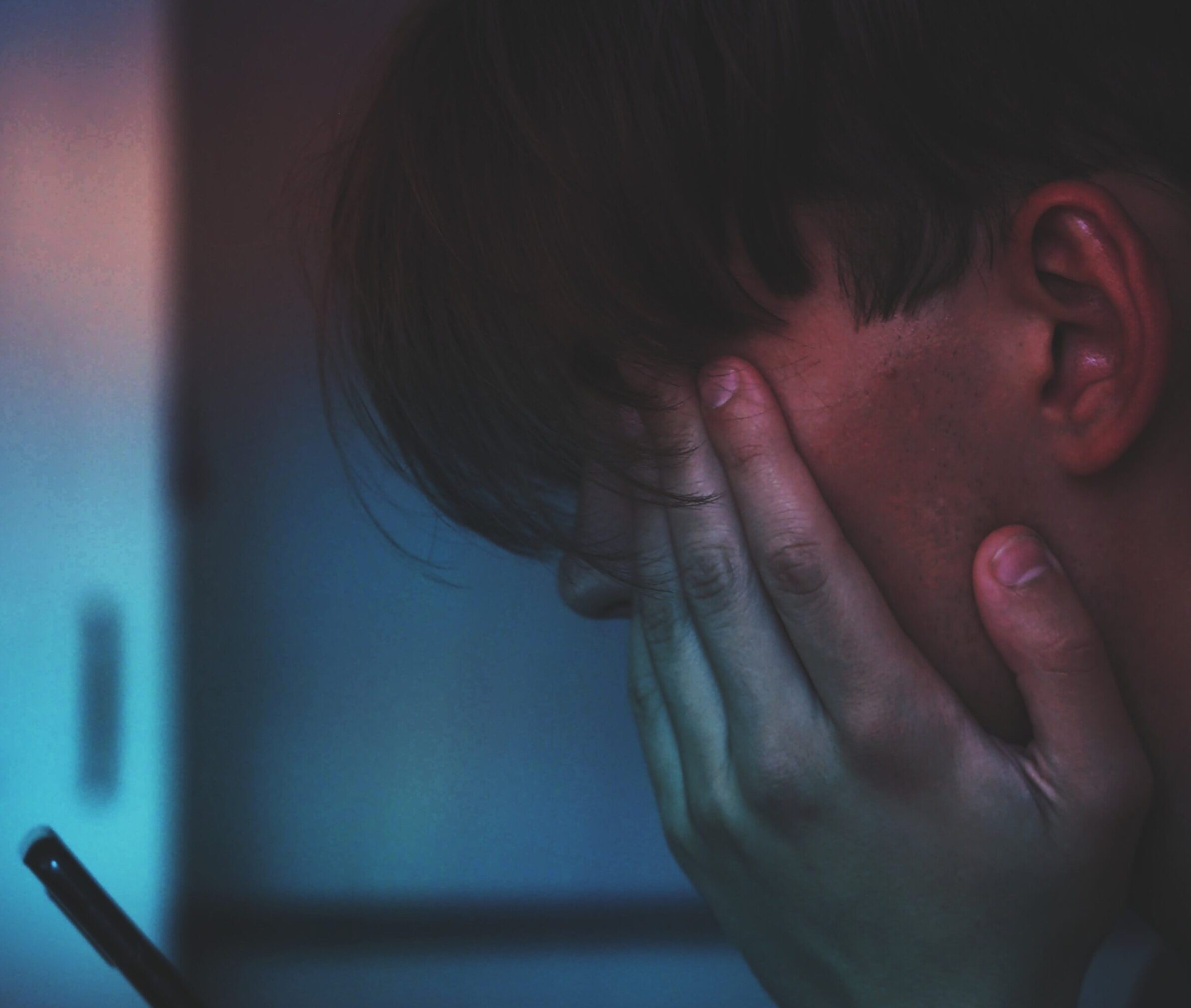
Breathing Not Broken: An Ode To Destigmatising Mental Illness
By Rose Aroha
Do you ever feel like you can’t get out of bed in the morning? Like you’ve been swallowed by darkness and your mind won’t let you escape it? Has your mind been in a constant loop of negativity where you don’t know how to break the cycle?
How do I get help? Why can’t I feel happy… What’s wrong with me?
These are questions that I have asked myself all of my life, and questions that I still ask myself most days.
Yet I have come to understand that these feelings and thoughts, come in waves. Often unpredictable. Yet you need to try to be aware that you will surface soon, and that hope will help you cope.
You need to prepare yourself by acknowledging that you will return to feelings of suffering and drowning in your hopelessness. But also acknowledge that you are capable of managing yourself, reminding yourself that it will pass and that you will not stay drowning forever.
I know each case is different, and developing strategies that suit your needs will help you to manage your moods and feelings.
Removing yourself from the environment and changing your surroundings which are easier to wallow in is a good first step, it could be something as small as going outside and taking in what’s around you. Expanding your senses out of the water.
Reaching out can be a difficult task – not everybody has friends or family who can give support or understand what you’re going through. Yet there are ways of finding peer support and or guidance from those who are educated in assisting us to help ourselves understand our minds; and utilise the systems that are there.
If you do have access to support from loved ones it can be a way of helping you to not get swept away or perpetuate the negative thought process that might be happening.
Something I found that was a big part of getting through those days that don’t seem like they will end is any outlets for creative expression.
It’s so underrated and can seem odd at first, but finding something that gives us purpose and meaning like music, joining clubs of activities you enjoy, dancing, singing, and artistically expressing yourself through art or sport can help both increase serotonin naturally and ground you in a moment, when your mind is focused on a task and not on the oncoming waves.
One thing I found that helped my process was meditation. Researchers from John Hopkins University in Baltimore MD published their findings on an experiment where over 19,000 meditation studies were done to see if meditation did help with mental illness. Their conclusion suggested it improved psychological disorders like depression and anxiety. These strategies have helped me manage difficult days. It is not a cure but it is a way of managing and coping, and in the end that’s often all we can do.
I grew up in a family where mental health was a very unknown topic, as it is in many families.
Several members of my immediate family suffered from illnesses, including psychosis, bipolar and schizophrenia, yet nobody knew what was happening, and no one understood how to support these disorders even when they were unfolding right in front of them.
It dawned on me that we are not educated about mental health at all, it is not something that is taught or considered to be a part of core curriculum, but it should be.
The taboo placed around mental illness creates a barrier, where people who don’t understand often won’t try to. This barrier also means through lack of understanding, people who suffer from mental illness won’t often realise what that they are until their older, and often then irrefutable damage can be done.
We don’t learn how to help ourselves or even recognise when others are suffering. And through this, we battle alone.
Not understanding something leads to negligence.
I started to learn about mental health at a young age, and I quickly found that one of the biggest issues that comes alongside dealing with a disorder is the lack of communication and acceptance within our society.
Talking about our mental well-being has been seen as a weakness, instantly isolating and propelling the person deeper into the voids of their suffering.
The culture we have in our own country is one of toxic traditional behaviour and a culture that produces one of the highest rates of suicide in the world.
We as a society have come further in the last 20 years than ever before in lifting these stigmas, mental health issues are being brought more into the light. Yet it is a constant battle, open communication is key to unravelling the understanding of the challenges that many of us face and are too afraid to talk about.
We need to talk about it, so we can change the statistics of how many men, women and children take their lives every single day because they cannot express their state of being without feeling rejected.
We need to create a community where future generations can grow up in an environment where it’s okay to talk about your feelings, where it shows strength instead of weakness, and that having mental health problems and disorders does not mean you are broken.
Here are some NZ based free helplines with people you can talk to if you or someone you know is struggling and needs help:
· Lifeline – 0800 543 354 (0800 LIFELINE) or free text 4357 (HELP)
· Suicide Crisis Helpline – 0508 828 865 (0508 TAUTOKO)
· Depression and Anxiety Helpline – 0800 111 757 or free text 4202 (to talk to a trained counsellor about how you are feeling or to ask any questions)
· Anxiety phone line – 0800 269 4389 (0800 ANXIETY)
Free peer support services for people experiencing mental illness or those supporting them:
· Canterbury and West Coast – 03 379 8415 / 0800 899 276 (1 pm to midnight, seven nights)
· Wellington 0800 200 207 (7 pm–1 am, Tuesday to Sunday)
· Auckland Central 0508 927 654 or 0508 WARMLINE (8 pm to midnight, seven nights)







